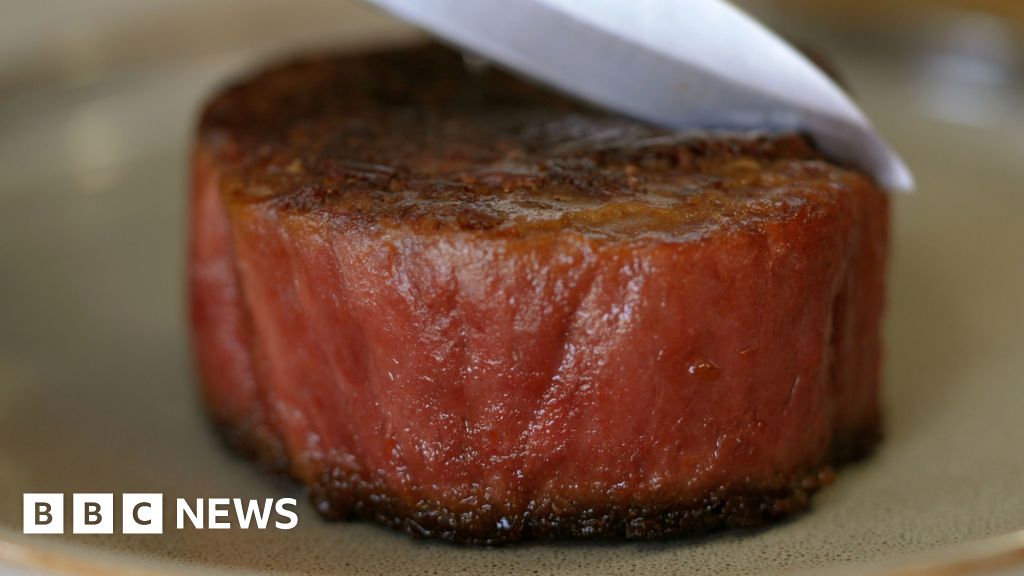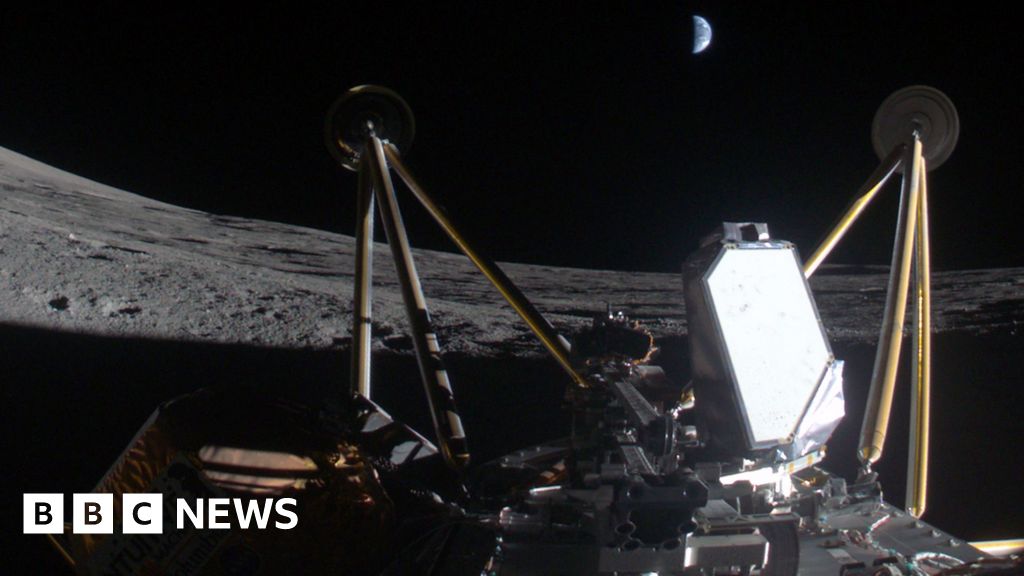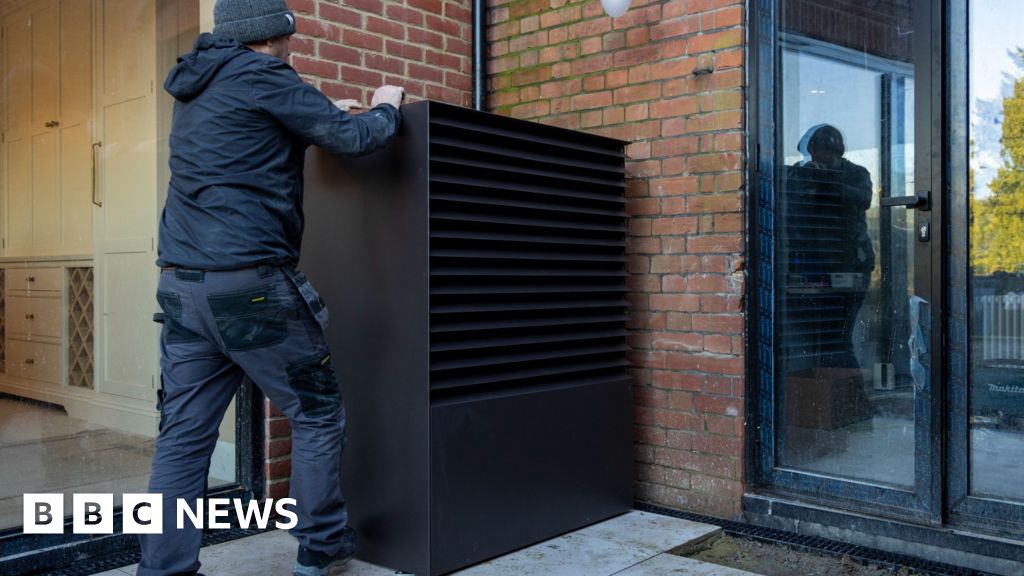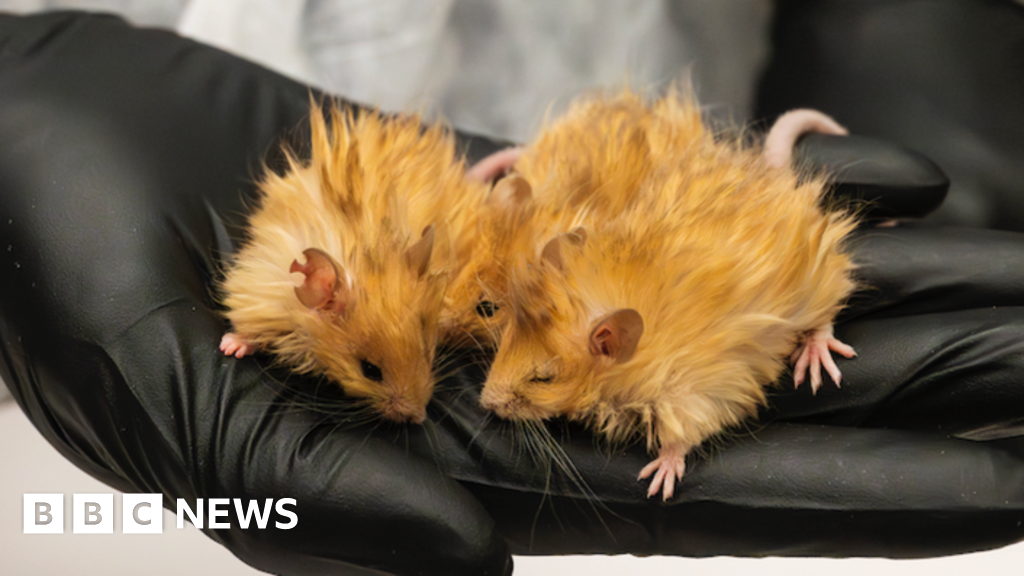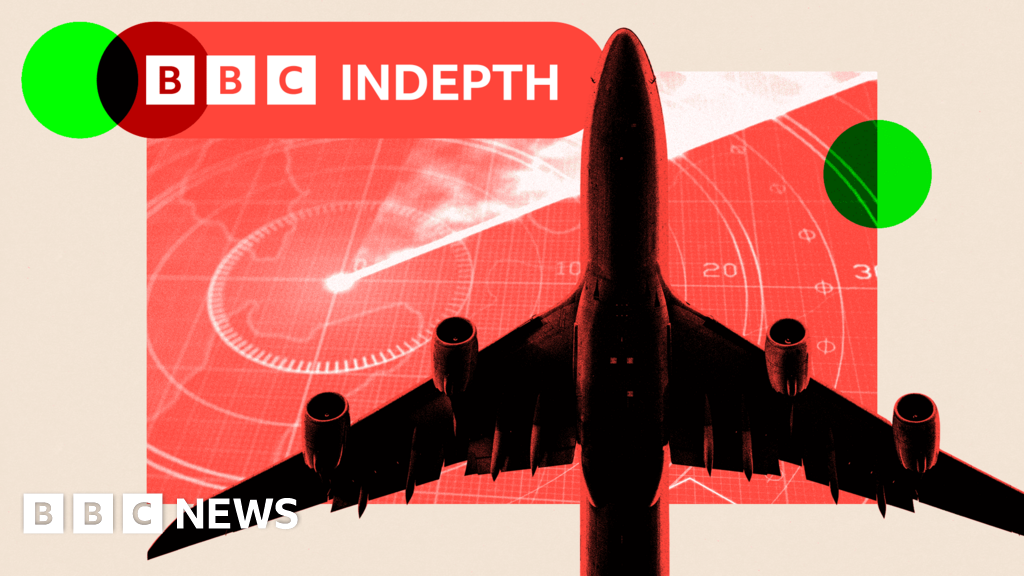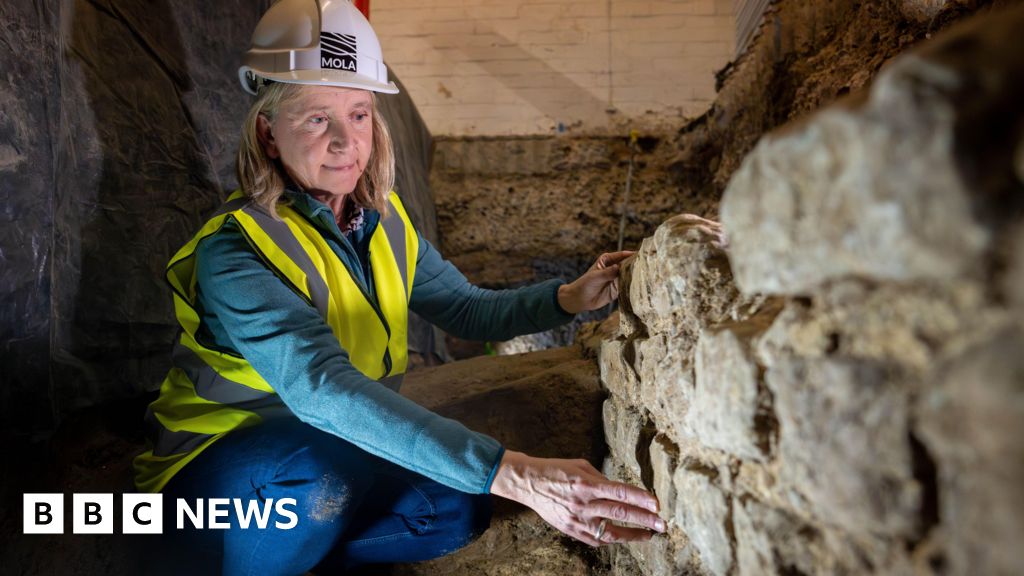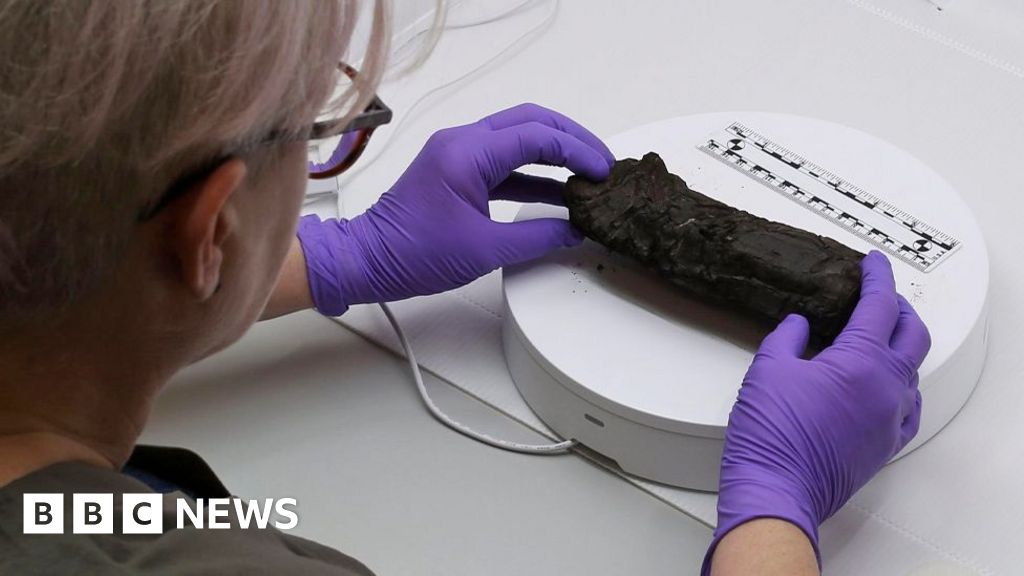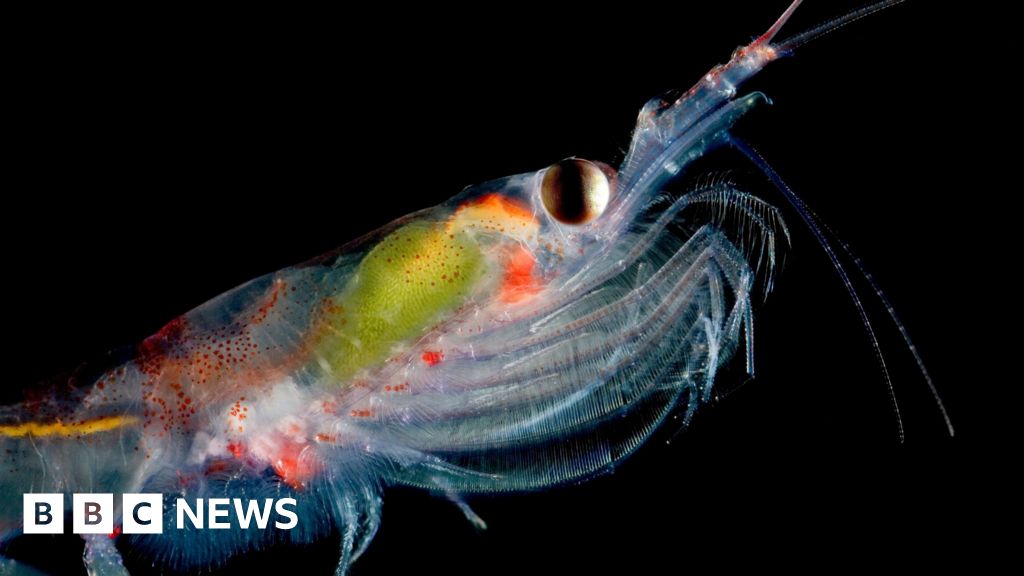[ad_1] Watch: Drone shots show scale of Amazon deforestation for COP30 roadA new four-lane highway cutting through tens of thousands of acres of protected Amazon rainforest is being built for the COP30 climate summit in the Brazilian city of Belém.It aims to ease traffic to the city, which will host more than 50,000 people - including world leaders - at the conference in November.The state government touts the highway's "sustainable"
[ad_1] BBCThis lab-grown Wagyu steak is ready to eat, but can't be sold in the UK because it has not yet been approved Meat, dairy and sugar grown in a lab could be on sale in the UK for human consumption for the first time within two years, sooner than expected. The Food Standards Agency (FSA) is looking at how it can speed up the approval process for lab-grown foods.Such
[ad_1] Georgina RannardClimate and science reporterWatch: Moment problem identified after Athena spacecraft lands on the MoonA private spacecraft that landed lopsided on the Moon does not have enough power to complete its mission, says the company Intuitive Machines.Athena touched down on the lunar South Pole shortly after 1730GMT (1230EST) on Thursday, but it later was revealed the craft had landed on its side.It was supposed to spend 10 days searching
[ad_1] Esme StallardClimate and science reporter, BBC NewsBecky DaleData journalist, BBC VerifyAndrew Aitchison/Getty ImagesThe number of UK homes installing heat pumps supported by government-funded incentives rose to a record level last year.Figures released on Thursday showed 52% more of the low-carbon heating systems were installed than in 2023.Experts said part of the rise was due to an increase in the grant offered by the government's Boiler Upgrade Scheme (BUS) to
[ad_1] Getty ImagesA new part of the immune system has been discovered and it is a goldmine of potential antibiotics, scientists have said.They've shown a part of the body known to recycle proteins has a secret mode that can spew out an arsenal of bacteria-killing chemicals.The researchers in Israel say it transforms our understanding of how we are protected against infection.And gives a new place to look for antibiotics to
[ad_1] Colossal BiosciencesThe mice have been genetically modified to be hairierGenetically engineered woolly mice could one day help populate the Arctic with hairy, genetically modified elephants and help stop the planet warming.Those are the startling claims being made by a US company that said on Tuesday it had created mice with "mammoth-like traits". Colossal Biosciences' eventual goal is to engineer mammoth-like creatures that could help stop arctic permafrost from melting.Criticism
[ad_1] BBCAs a Ryanair flight from London approached Vilnius, Lithuania, on 17 January, its descent was suddenly aborted. Just minutes from touching down, the aircraft's essential Global Positioning System (GPS) suffered an unexplained interference, triggering an emergency diversion.The Boeing 737 MAX 8-200 had already descended to around 850ft (259m) when the disruption occurred. Instead of landing, the plane was forced to climb back into the sky and divert nearly 400km
[ad_1] Alison FrancisSenior Science JournalistTony Jolliffe/ BBCThe wall is 2,000 years old and was part of Roman London's first basilica A discovery underneath the basement of an office block has been described as one of the most important pieces of Roman history unearthed in the city of London.Archaeologists have found a substantial piece of the ancient city's first basilica - a 2,000 year old public building where major political, economic
[ad_1] Alison FrancisSenior Science JournalistVesuvius ChallengeX-ray scans and AI have meant the inside of ancient scroll can be revealedA badly burnt scroll from the Roman town of Herculaneum has been digitally "unwrapped", providing the first look inside for 2,000 years.The document, which looks like a lump of charcoal, was charred by the volcanic eruption of Mount Vesuvius in 79AD and is too fragile to ever be physically opened.But now scientists
[ad_1] Victoria GillScience correspondent, BBC NewsWWFKrill are just a few centimetres long fully grown, but are one of the most abundant animals on EarthScientists say subtle differences in the colour of seawater will enable them to count tiny - but critically important - Antarctic marine creatures, from Space.The target of the new research effort is Antarctic krill, which are just a couple of inches long and one of the most


